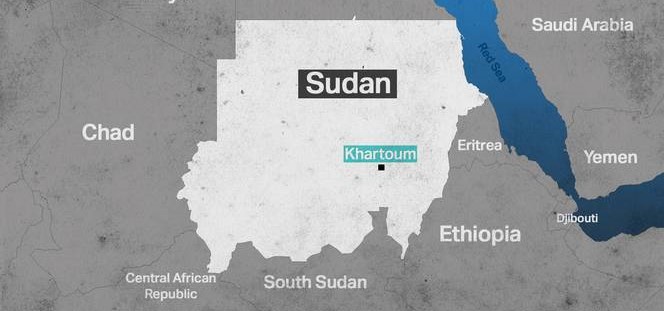The paramilitary Rapid Support Forces (RSF) is using the Central African Republic as a “supply chain,” including for recruitment of fighters, according to a report by UN experts.
Sudan descended into war in April 2023 when the generals in charge of the military and the RSF took up arms against each other in a fight for control.
“The spillover effect of the conflict in the Sudan has significantly affected the situation in the Central African Republic,” said the expert committee on Friday, formed by the UN Security Council to monitor sanctions on Central Africa.
They highlighted, in particular, the humanitarian situation, as the country sees an influx of millions of Sudanese refugees, as well as incursions by the two warring Sudanese parties — plus air raids by the Sudanese army in and around the Um Dafog border post, where the RSF is present.
This “continues to constitute a security threat to civilians and an impediment to humanitarian activities in the area,” the experts said.
They insist the paramilitaries are also using the Um Dafok area in the Central African Republic on the border “as a key logistical hub.”
Because the RSF can “move between the two countries easily through a long-standing network” they have been able to recruit “from among armed groups in the Central African Republic.”
“Opposition armed groups from the Central African Republic have been reported to have actively recruited for, and sent members of their own groups to fight in, the Sudan under RSF,” the experts said.
They noted in particular fighters in Sudan since as early as August 2023 from the Central African rebel group Popular Front for the Rebirth of Central Africa (FPRC).
The experts thus called on Central African authorities to “counteract the surge in arms trafficking from neighboring countries, particularly given the current conflict situation in the Sudan.”
They also asked the leaders to combat “the infiltration of foreign fighters into the Central African Republic, which poses a significant long-term threat to the region.”




